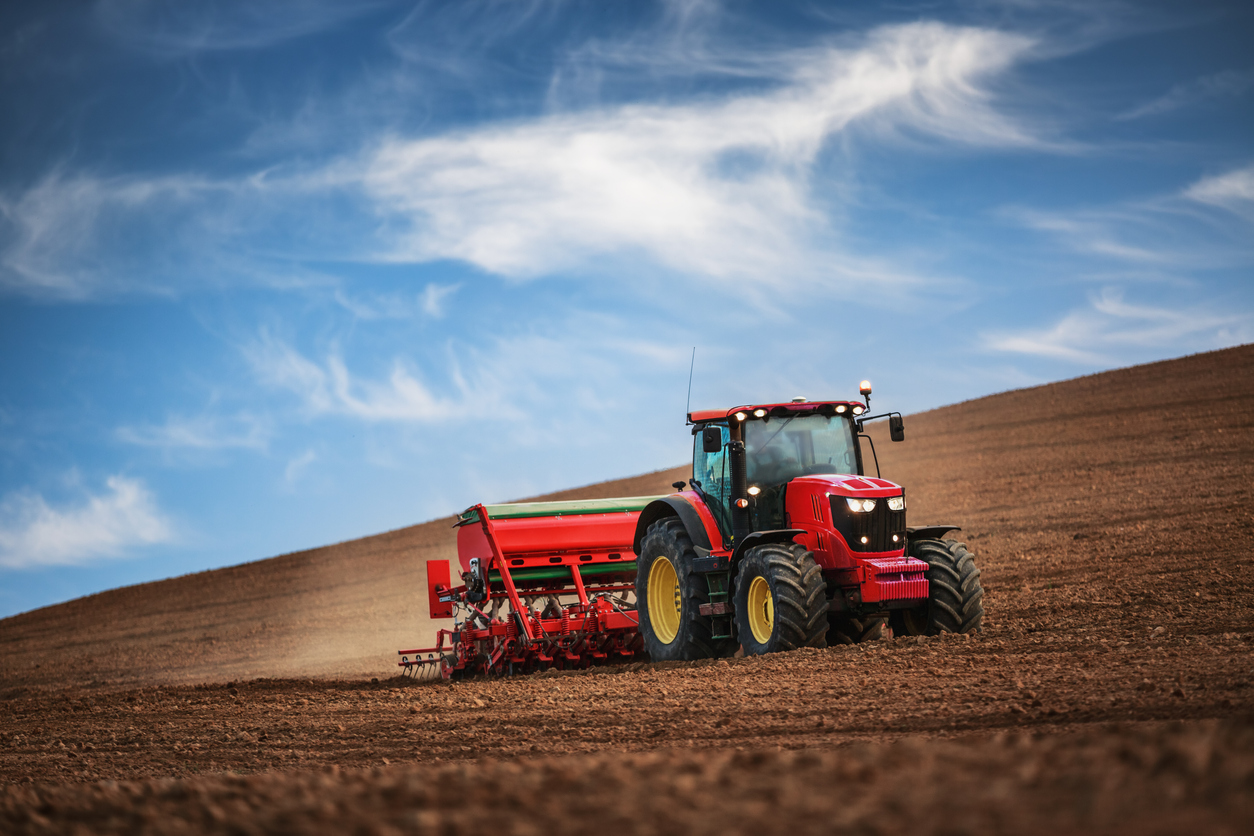A Guide to Buying Agricultural Machinery In Nigeria: What You Need to Know
A Guide to Buying Agricultural Machinery In Nigeria: What You Need to Know
Nigeria is a major agricultural producer in Africa and the world, and it is essential that farmers have the right machinery and equipment to maximize their yields and profits. Buying agricultural machinery in Nigeria can be a daunting task, but with the right knowledge and research, you can make the process much easier. This guide will provide you with all the information you need to know about acquiring agricultural machinery in Nigeria. We will cover the types of machinery available, the different factors to consider when making a purchase, and the best sources for buying agricultural machinery in Nigeria. With this guide, you will be well-equipped to make an informed decision when it comes to acquiring the right agricultural machinery for your needs.
Overview of Agricultural Machinery in Nigeria
Nigeria is one of the top 10 largest producers of agricultural commodities in the world. The country is responsible for over 10% of global oilseed and rice production, and is also a major producer of cocoa, cassava, palm oil, and rubber. With this large agricultural industry, there has also been a large growth in the demand for agricultural machinery in Nigeria. Agricultural machinery can be defined as any machine that is used for the purpose of cultivating soil for planting, harvesting crops, or feeding livestock. The most common types of agricultural machinery include tractors, tillers, and various types of harvesting machines. Tillers are a type of agricultural cultivator that is primarily used for preparing soil for planting. This type of agricultural machinery is a must-have for any farmer who grows crops or plants in an area with frequent rainfall or with a short dry season. Other types of agricultural machinery are harvesting machines, which are used for harvesting crops (such
Types of Agricultural Machinery Available
Tillers – Tillers are used for the initial cultivation of soil, such as preparing soil for planting, or breaking up hard soil or ground that may have become compacted or hardened. Tillers are often used when cultivating soils in areas with a short dry season, or when the soil has become hardened or compacted by rainfall. Balers – Balers are used for compressing and/or wrapping harvested crops such as hay, straw, or crops like cotton, in order to store them for future use. Threshers – Threshers are used for the separation of grains from stalks, such as wheat from chaff. Threshers may be used for harvesting crops like rice, where the grains must be separated from the stalks. Combines – Combines are used for harvesting crops such as maize, soybeans, or other crops that may be harvested mechanically. Combines are often used for large-scale commercial harvesting. Harvesters – Harvesters are used for harvesting crops such as cotton, where the entire plant (roots, leaves, and plant) may be harvested. Harvesters may also be used for harvesting crops such as peanuts or corn, where only the pods or ears are harvested.
Factors to Consider When Purchasing Agricultural Machinery in Nigeria
Before purchasing any agricultural machinery, it is important to understand the key factors that will guide you in making the right purchase. These factors include the raw material used to make the machine, its design, work capacity, power source, speed, and what it is used for. The first thing to consider is the raw material used to make the agricultural machinery. The material used will depend on the function of the machine. For example, if a machine has to be used in wet environments, it will be better if it is made of stainless steel. On the other, dry agricultural machinery is better made of cast iron or mild steel. After considering the material, you should also consider the design of the machine. You will want to know what agricultural equipment is designed to do. Additionally, you should consider the work capacity of the machine, which will depend on the horsepower of the engine. Another important factor to consider is the speed of the machine.
Sources for Buying Agricultural Machinery in Nigeria
When buying agricultural machinery in Nigeria, there are a few key sources you can investigate. It may be worth visiting agricultural fairs and exhibitions to get a feel for the types of machinery that is available in Nigeria. Another option is to visit the websites of local manufacturers, where you can get a glimpse of their products. You can also visit the websites of international manufacturers who export agricultural machinery to Nigeria, where you can get a good idea of the types of machinery that are available. There are also a number of online stores where you can purchase agricultural machinery, such as Amazon and eBay. Although buying agricultural machinery online is possible, it is important to do your due diligence and ensure you are purchasing from a reputable source.
Best Practices for Buying Agricultural Machinery in Nigeria
Before purchasing any agricultural machinery, it is important to make sure that you have a budget in mind. Another important thing to consider is the quantity and quality of the produce you plan to produce, which will determine the type of machinery you need. It is also important to consider how often the machines will be used, since this will help determine their durability. Additionally, you will want to know what types of maintenance they require, as well as the cost of servicing. These are a few important things to keep in mind when buying agricultural machinery in Nigeria.








LEAVE A COMMENT
You must be logged in to post a comment.